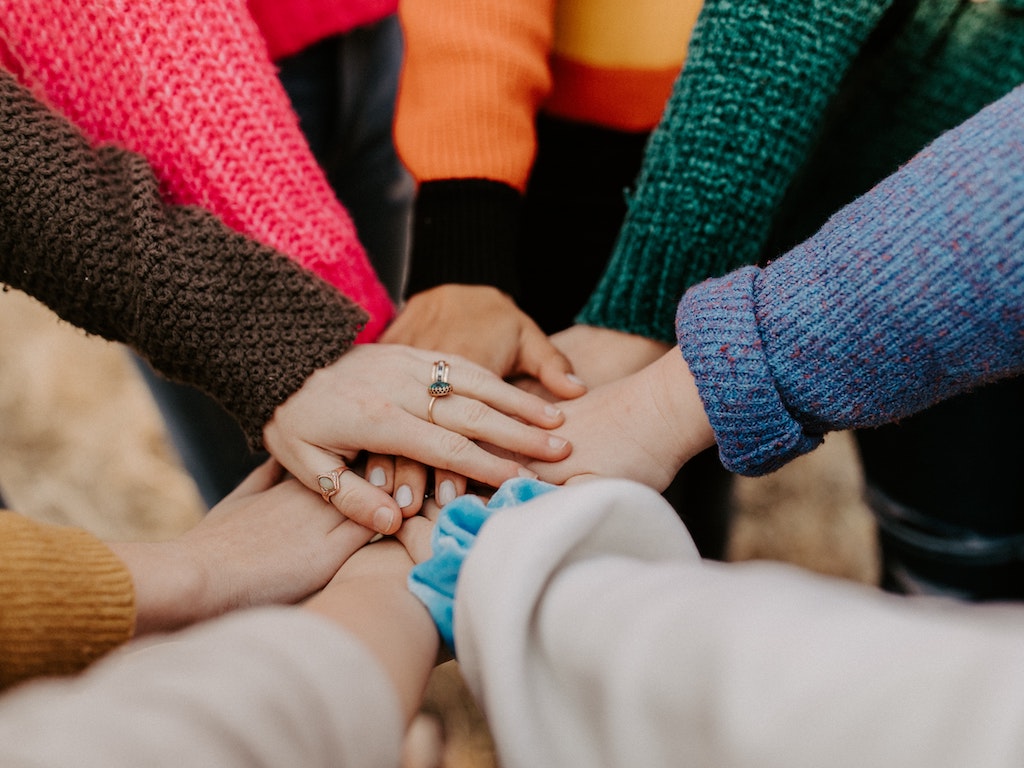5 Mins Read
On a mission to empower young people to leave a positive impact on the community and the planet, Kids4Kids is supporting Hong Kong’s youth to dream big and build socially and environmentally conscious enterprises. From the city’s biggest online secondhand bookshop to projects to raise awareness about more sustainable plant-based diets, the Kids4Kids community is driving change to make Hong Kong a greener and kinder place.
For the past decade, Hong Kong-based nonprofit Kids4Kids has been working to inspire young people to take action to make the city a better place. One of the organisation’s key programs, Act!on for a Cause (AFAC), gives students the platform to submit their proposals with solutions to social and environmental issues and launch their own community projects with potential seed funding, mentorship and guidance. We take a look at some of the ongoing projects that have emerged from Kids4Kids.
1. reBooked
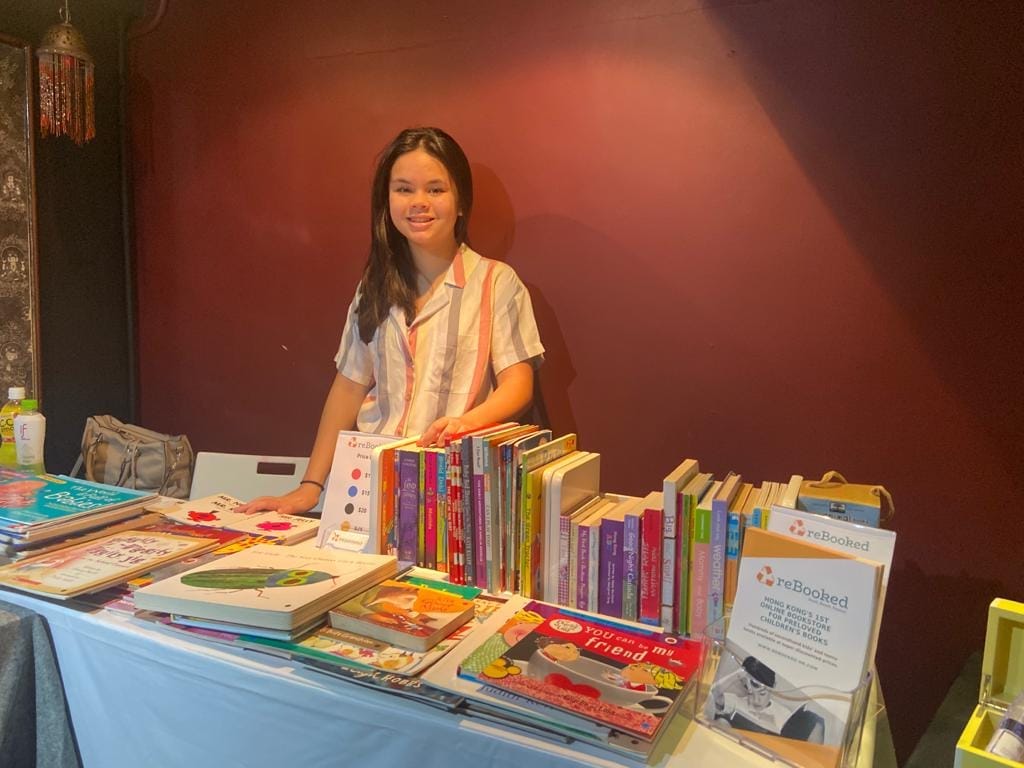
Rebooked is a nonprofit social enterprise dedicated to promoting a circular economy for books in Hong Kong, founded by 15-year-old Bailey Cherry. It’s secondhand English language children’s books, redirecting hundreds of books away from landfills and giving them a new home. Book donors contact reBooked to arrange a pick-up for their preloved reads, which are then collected, sorted and uploaded onto its online platform to be sold at 75% off its original retail price – just enough to cover its operating costs. Since its launch last year, reBooked has prevented over 6,000 books from ending up as waste and over 2,000 have been passed on for a second life.
2. Bampads
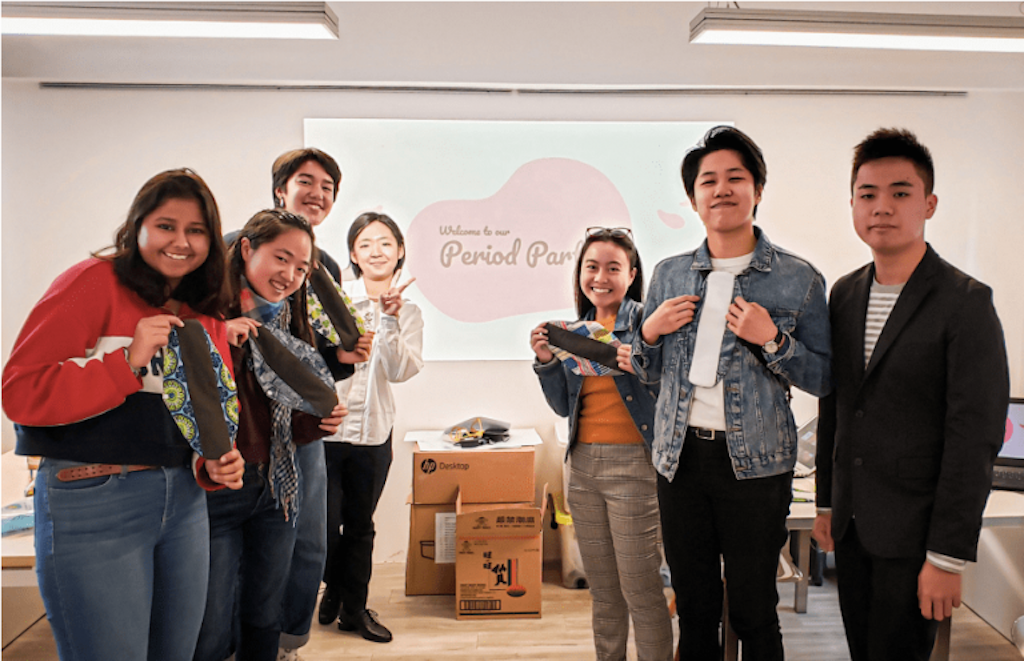
Bampads is on a mission to provide sustainable reusable cloth pads to women in poverty and refugees in order to combat period poverty. With menstruation continuing to be a taboo topic in many societies, especially in Asia, the issue of period poverty is one often overlooked. The project has so far held two educational workshops to introduce the concept of sustainable periods. Led by founder Sakshi Vasudev, the team hopes to be able to begin selling to the public their reusable cloth pads that are affordable, safe and healthy for both women and the planet, with 20% of the profits going towards funding sets of reusable pads for underprivileged women in Hong Kong.
3. Lives Without Knives
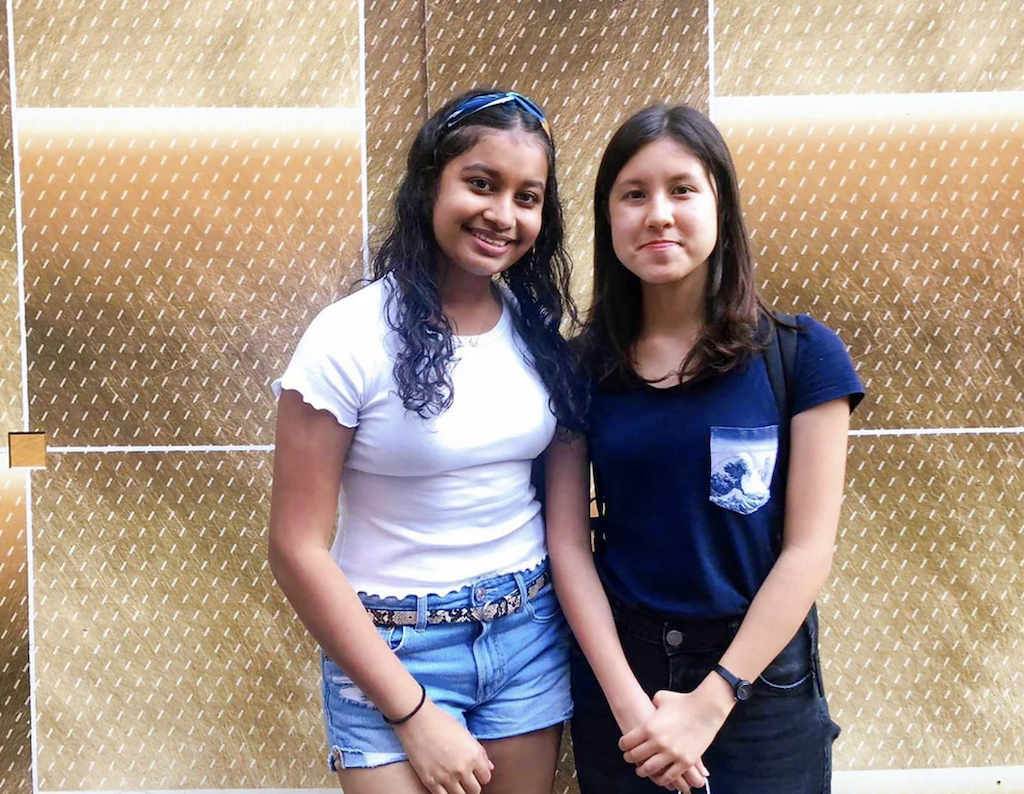
Lives Without Knives is an awareness-raising project created by Chandni Sacheti to encourage Hong Kong residents to reduce their consumption of meat as a solution to both the climate crisis and animal cruelty. Through their social media campaigns and online blog, Lives Without Knives wants to educate others about the carbon footprint of their plates, and why animal agriculture is a leading driver of global heating. In the future, the group wants to host an event to lead more people to make dietary shifts to save the planet.
4. Eden
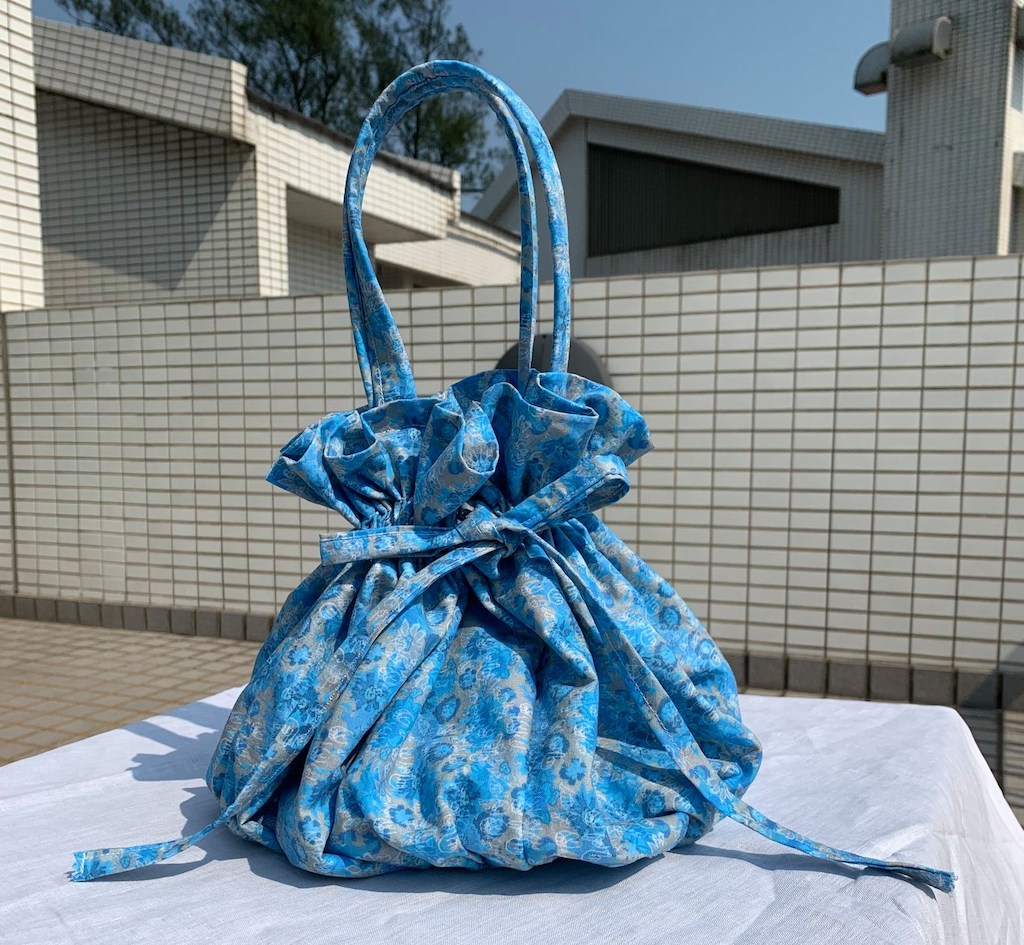
Eden is a platform that seeks to address sustainability in fashion and design by finding alternative solutions for the fast fashion industry. As a part of the initiative, founder of the platform, 16-year-old Alysha Lai, has made a 6-piece capsule collection made with biodegradable materials and with eco-friendly dyes, and along with her team, Eden’s website features a whole range of useful information and suggestions for people to talk about how to green their wardrobes. Other issues related to fast fashion, such as human rights, are also topics explored by Eden.
5. Flip It
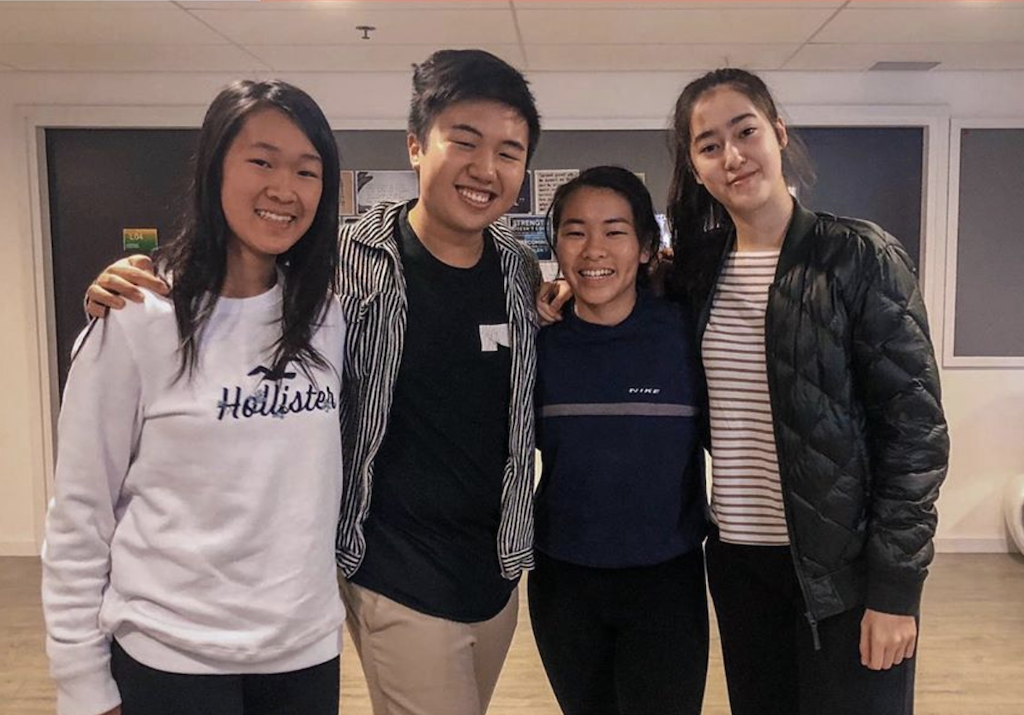
Flip It is a community project founded by four secondary school students. It is dedicated to educating Hong Kong people on the need to change our fashion habits in order to tackle the environmental footprint of the fast fashion industry. It has hosted workshops that focus on both arming participants with knowledge about the polluting apparel industry and providing a space where children are able to upcycle their clothing using creative techniques.
6. Texcycle
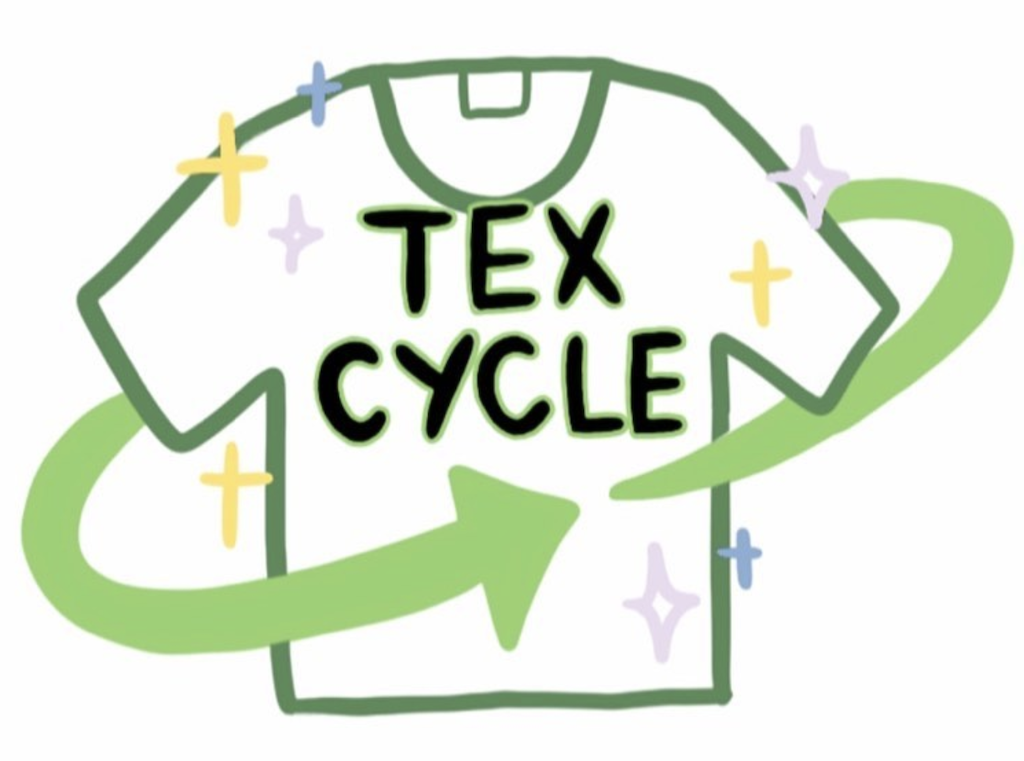
Texycle is a social and eco initiative seeking to tackle the issue of textile waste while helping refugees and asylum seekers in Hong Kong. Texcycle will be partnering with local and global fashion houses to collect off-season deadstock and deliver it to centres that cater to refugees and asylum seekers, thereby reducing the estimated 1,400 t-shirts worth of textiles ending up in Hong Kong’s landfills every single minute and diverting it to help needy individuals.
7. Utopia
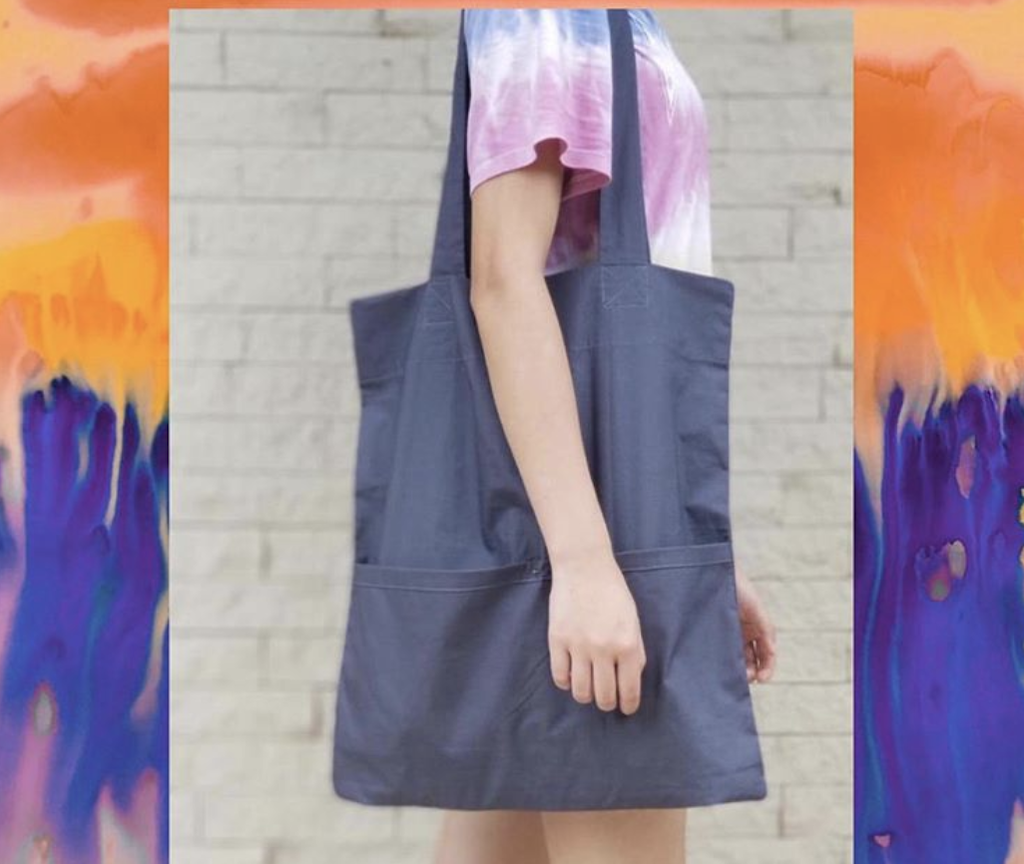
Utopia is a self-sustaining project created by three secondary school students attending ESF to slash single-use plastics in Hong Kong with their eco-friendly bags. Their bags are made from 100% upcycled fabrics that are sourced from textile factories and would otherwise be thrown away, sewn together by local tailors and hand dyed by the team members themselves. To sell their bags, Utopia aims to collaborate with schools and retail stores around the city.
Lead image courtesy of Unsplash.


